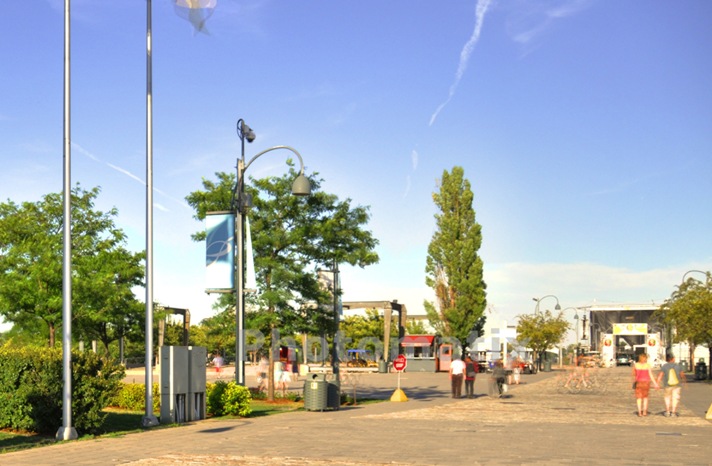The circadian rhythm is a 24-hour cycle of physiological processes of all living things. In humans, this “internal body clock” cycle includes mental, behavioral and physical changes that occur throughout the 24-hour period. The cycle is strongly influenced by external environmental factors, such as lightness, darkness and temperature. Because of this, the most pronounced circadian variations include temperature regulation, the sleep-wake cycle and the endocrine system.

Types of sleep disorders
Circadian rhythm disorders occur when there is some type of disruption to the 24-hour cycle. There are many different factors that can cause disruptions and result in different sleep disorders where the person cannot sleep or wake up at the necessary times required for work, school and social needs. Some common circadian rhythm disorders include:
Jet lag: Jet lag occurs when traveling between different time zones. The symptoms include excessive sleepiness and the inability to stay alert during daytime hours. While it may take a few days, the body does eventually adjust to the new time zone.
Shift work sleep disorder: This type of sleep disorder is the result of frequently changing shift times or working night shifts.
Delayed sleep phase syndrome (DSPS): DSPS is a timing issue, where the person cannot fall asleep until very late and has difficulty waking up in the morning for work, social and school requirements.
Advanced sleep phase syndrome (ASPS): Advanced sleep phase syndrome is a disorder where the sleep onset time is very early in the evening (around 6 and 9pm) and wake up times are very early (between 3 and 5am).
Non 24-hour sleep wake disorder: The non-24 sleep wake disorder occurs when the body lives in a 25-hour day. The symptoms of this disorder include inconsistent insomnia, where the person wakes up at different times each night.
Causes
There are quite a few different causes of circadian sleep disorders that are both external and internal. These include:
Travel: As mentioned above, traveling across multiple time zones can greatly affect the internal clock. However, the circadian rhythm usually finds its equilibrium after a few days of being in the new time zone.
External cues: Some people are more sensitive than others to external cues such as lightness and darkness. In states that are very far north, more people suffer from sleep disorders due to the absence of sunshine in winter, and the absence of complete darkness in winter.
Illness: There are different illnesses that can disrupt the internal clock including the flu. Depression has also found to have an affect on the body’s ability to maintain a normal sleep pattern.
Lifestyle: A person’s lifestyle will also greatly affect their circadian rhythm. Things like smoking, drinking, unhealthy diet, lack of exercise and forcing oneself to stay up can all have detrimental effects.
Treatment
The good news about circadian rhythm disorders is that there are ways to treat them so that your body can start to get back into a normal sleep-wake pattern. The type of treatment given depends on the diagnosis of the sleep problem. Some possible treatments include:
Behavior therapy: Behavior therapy requires the patient to adjust their lifestyle in a way that promotes good sleep habits. This can include exercising more regularly, eliminating caffeine and nicotine and avoiding naps throughout the day. It can also include adjusting the levels of light in the house, and avoiding anything stimulating (TV, food, etc.) one to two hours before bed.
Medication: In some instances, a doctor may prescribe sleep medicine to the patient such as Ambien. Another good, safe option is to take melatonin, which is a naturally occurring hormone in the body and can be bought over the counter.
Bright light therapy: Bright light therapy can be used to help delay or advance sleep. This type of treatment requires the patient to be exposed to high intensity light for one to two hours a day. This is particularly effective for use with patients who suffer from Seasonal Affective Disorder (SAD).
Chronotherapy: Chronotherapy is another behavioral technique that requires the patient to gradually and systematically adjust their sleep or wake times by one to two hours a day.

